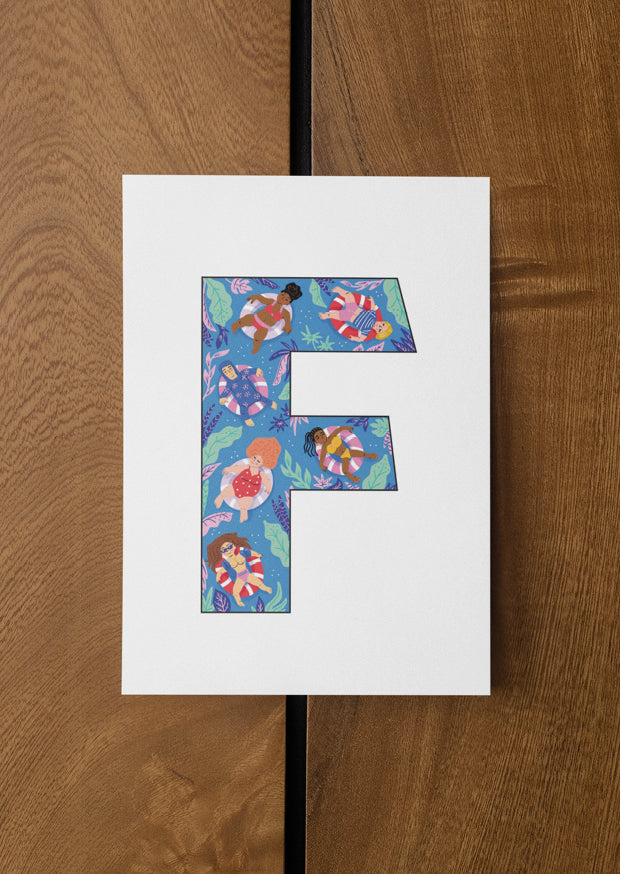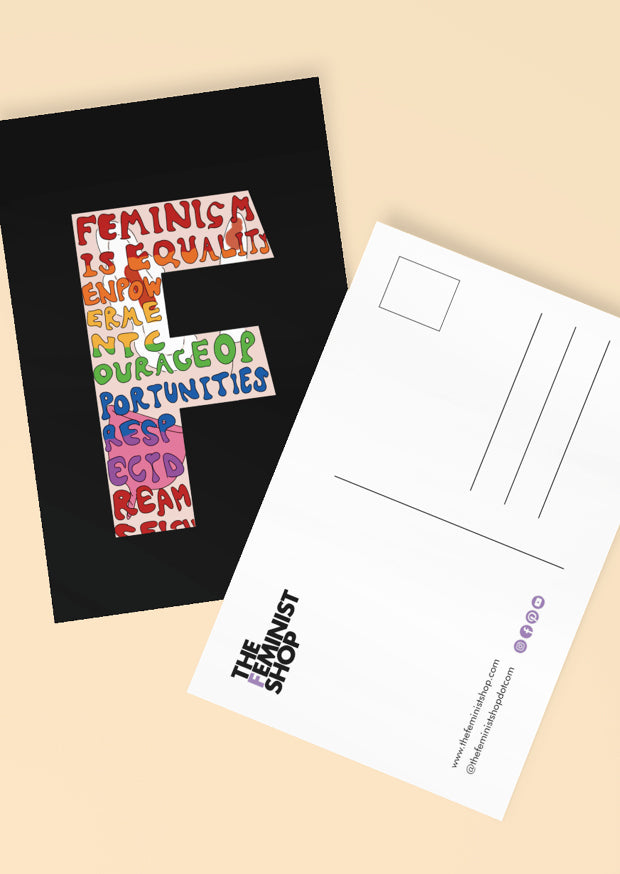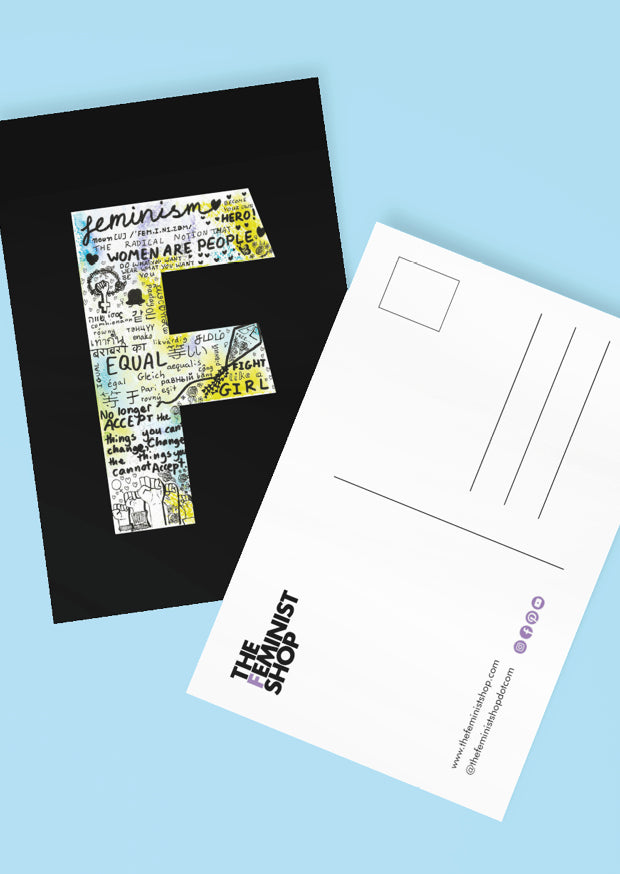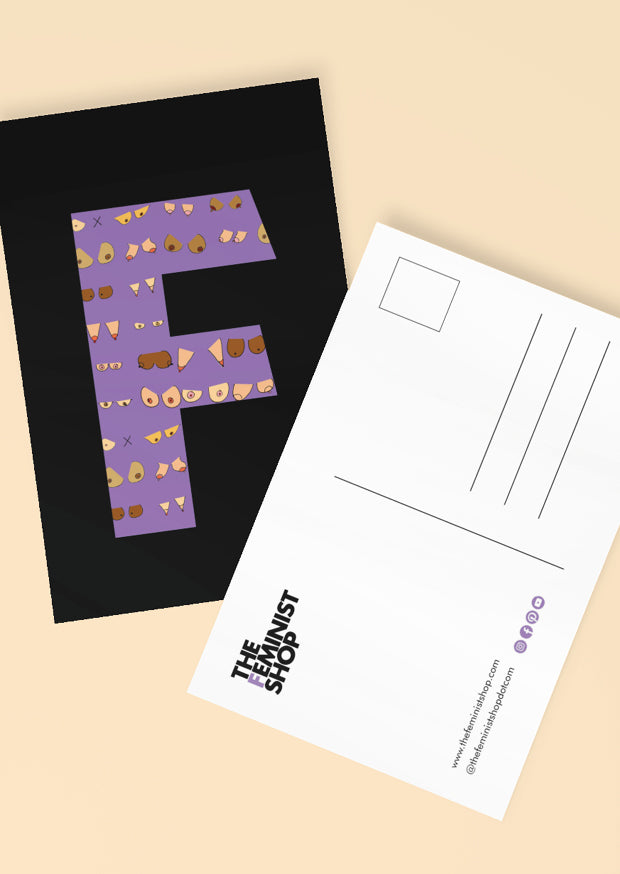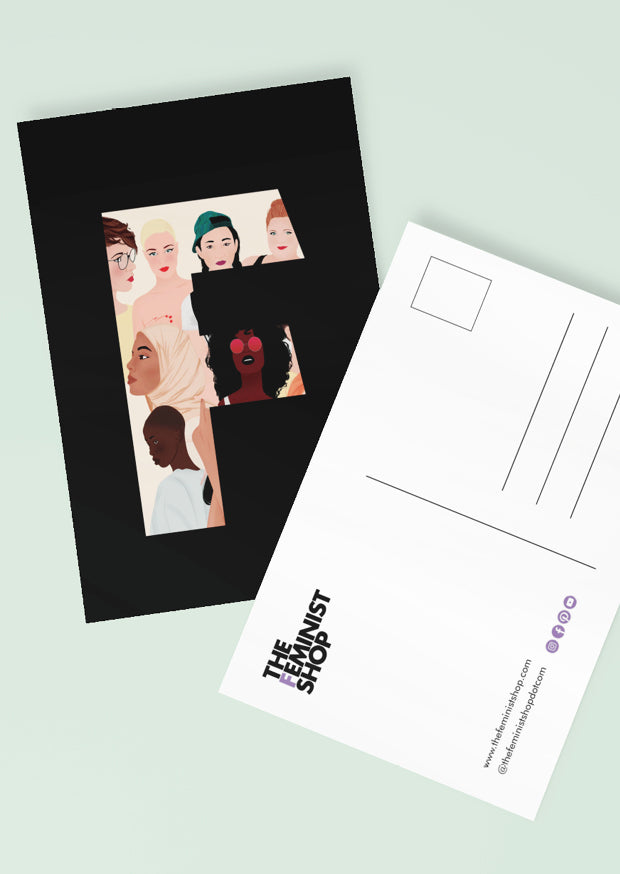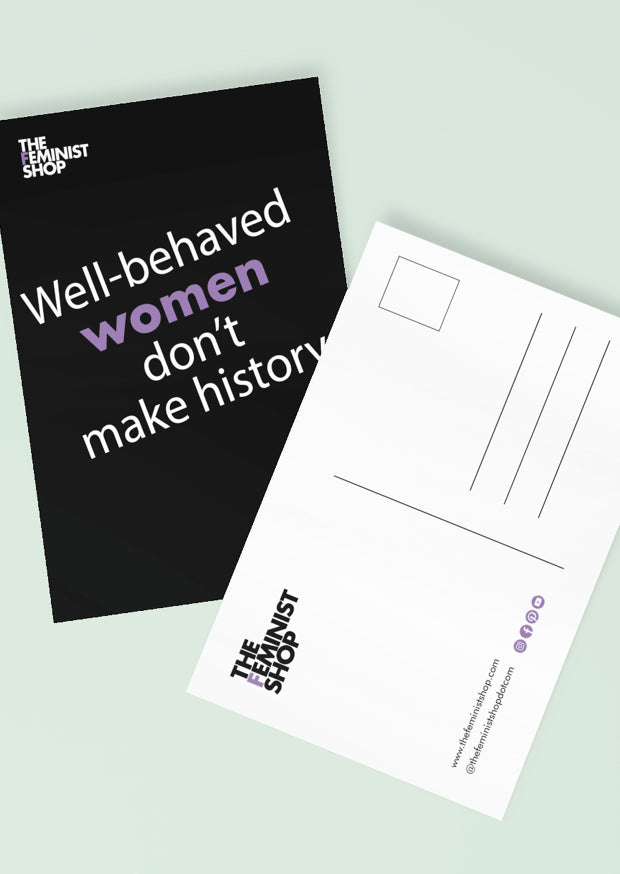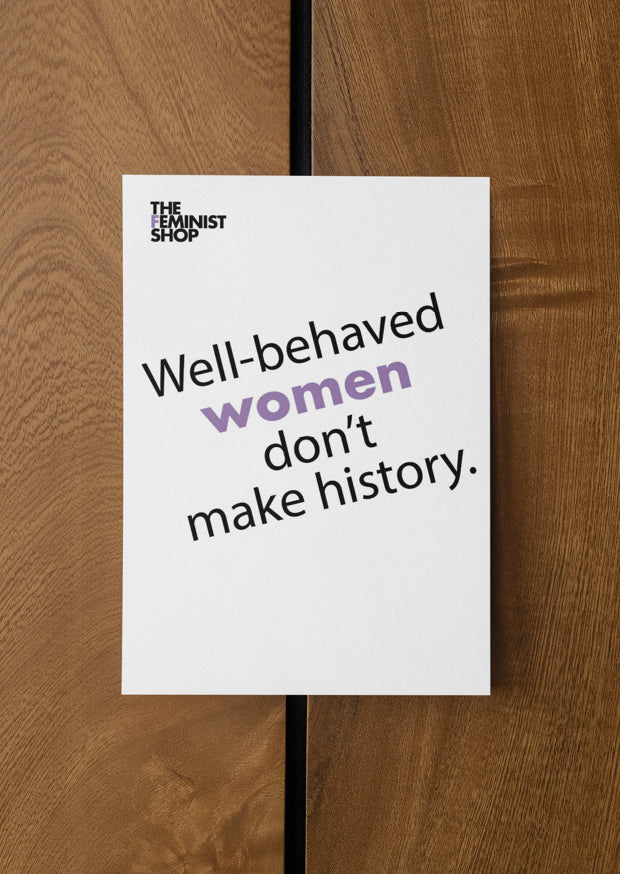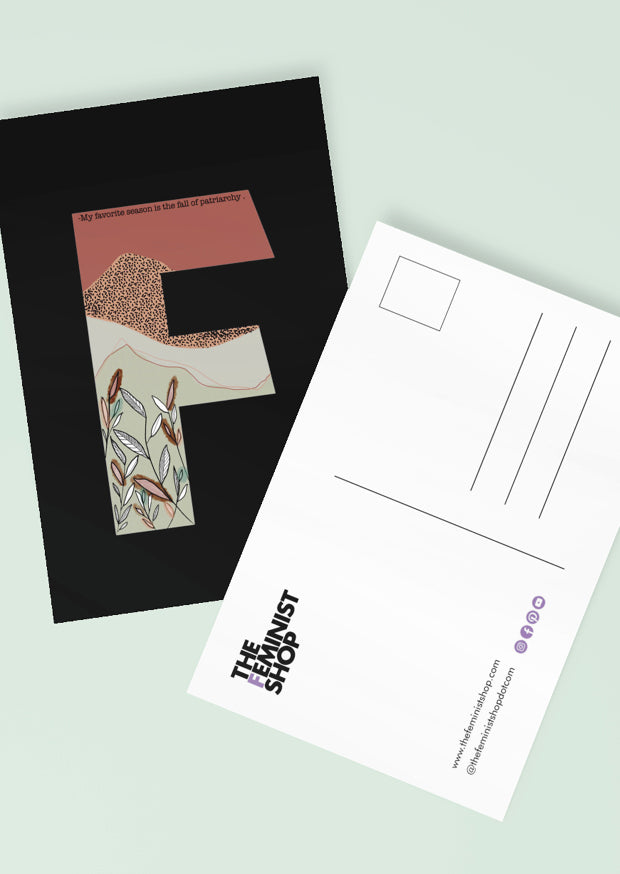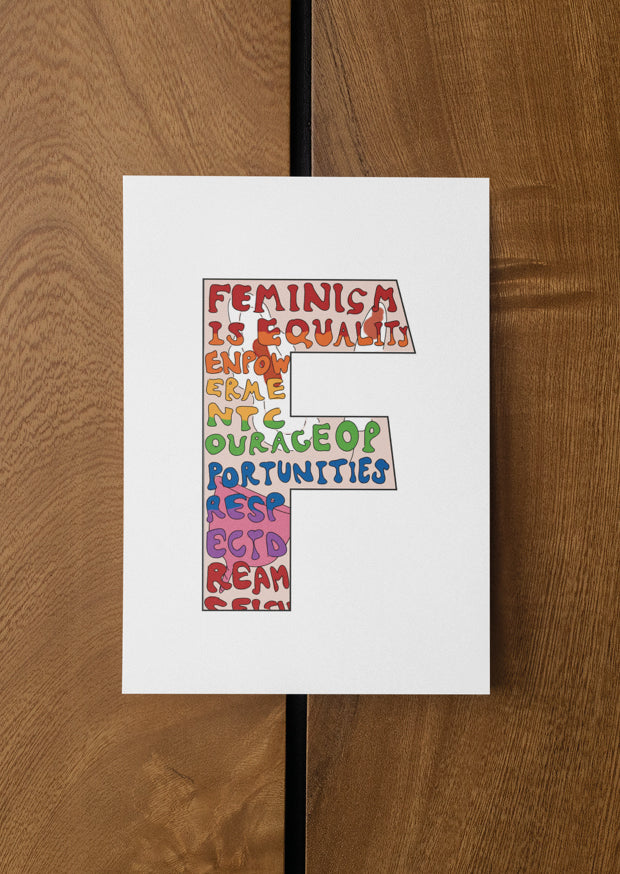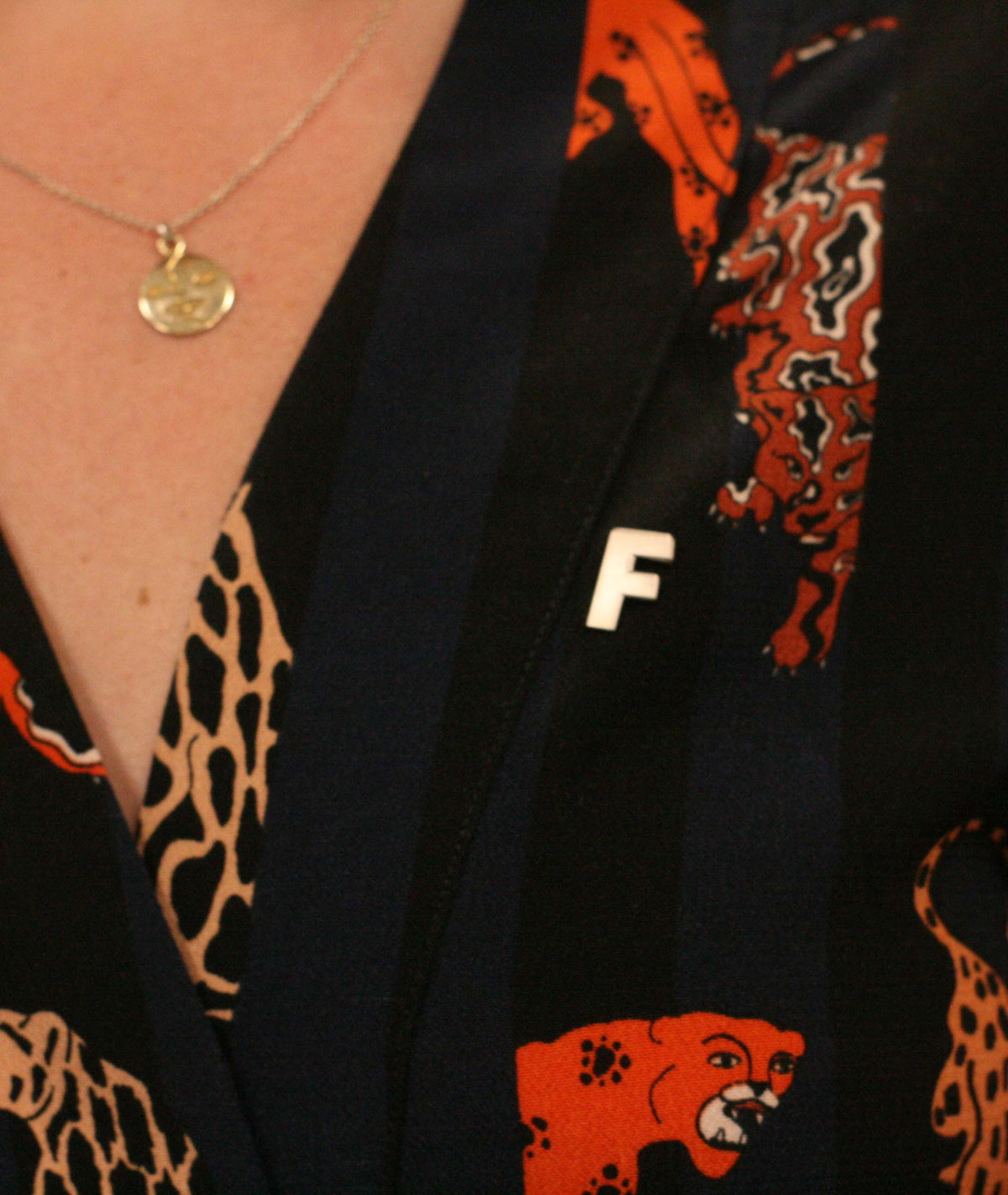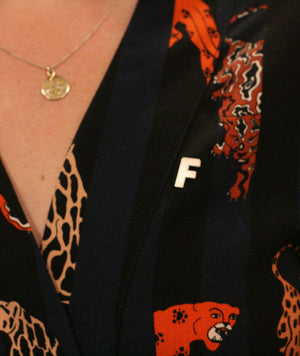
Boardrooms are infamous for rehearsed PowerPoint presentations and perfectly vague answers. Imagine such a scenario where many attendees want to counter-question but have held back their opinions.
Suddenly, a woman rises from her seat, daring to ask what others haven't. Her question cuts right through the obscure boardroom lingo: What about safety? Why is accountability optional when people’s lives are on the line?
That's when one would find executives fidget, lawyers whisper, and someone asking to “circle back later.” The tough questions need to be asked, and when a woman does, panic sets in.
After all, through most of history, anonymous was a woman, right? Not anymore, and corporations squirm as a result. In this article, we will see how women, once sidelined or dismissed, are now confronting corporate messes. They win some battles and lose some, but every one of them makes companies step out of their comfort zone of apathy and negligence.
When Silence Isn’t An Option
A woman speaking up or giving an opinion on worldly matters? This is something that’s been frowned upon for centuries. Any concerns raised by women were often met with statements like, “You’re overreacting,” or “Don’t make waves, calm down!”
Despite such go-to responses to pointing out real problems, most “overreactions” turned out to be pretty spot-on. Let’s take a few examples that help understand this:
-
Women working in factories, mines, and other industrial settings brought to attention concerns like long shifts, unsafe conditions, and biased policies. The response? Those in power simply shrugged, hoping women would resort to silence again.
-
As for health, that’s been a major struggle for the fairer sex. Women’s symptoms were often dismissed as ‘hysteria’ or ‘the nerves.’
-
How can we forget unsafe cosmetics, toxic household cleaners, and contaminated baby products? Women have noticed such patterns long before companies admitted there was a problem.
-
Throughout history, women have even spoken up about environmental issues, such as contaminated water, polluted air, and harmful chemicals. Sadly, even those alarm bells went unheard.
Today, things are changing for the better. Take the example of a high-profile issue like thefirefighting foam legal action taken against harmful chemical manufacturers. Per- and polyfluoroalkyl substances (PFAS), used to manufacture Class B foam, have caused serious injuries like cancer.
According to TorHoerman Law, 10,520 cases are still pending, with 100 new cases being added last month. Women, be they firefighters, caregivers, or community advocates, are actively involved in raising awareness and holding corporations accountable.
While we may not know every detail of individual exposures, their participation shows that women aren’t staying quiet. They’re part of the broader push for transparency, safety, and justice.
This was just one example. Others also abound, including women advocating for safer cosmetics and demanding transparent corporate practices. A notable moment in environmental activism was Mari Luz Canaquiri Murayari being awarded the prestigious Goldman Prize. Her successful campaign helped secure legal personhood for the Marañón River.
Such examples are a harbinger of good tidings: The dismissed “fussiness” of the past has become a powerful force for accountability. When women refuse to stay silent, the world is compelled to listen, and change follows.
Outwitting the Corporate Shuffle
As more and more women began asking the tough questions, corporations stepped up their game of ‘shuffling.’ In other words, many companies’ instinct in response to tough questions is not honesty, but evasion of responsibility and distraction.
Some weapons of choice include vague statements, buzzwords, and glossy reports. A few top players are also masters at throwing “We take this seriously” soundbites that, in reality, mean, “Please just go away.” This type of corporate shuffle is meant to be subtle and polished to a point where accountability begins to appear optional.
In such cases, women have shown that two can play the game. Seeing past the spin, women have refused to follow the corporate playbook. Excelling in the art of persistence, countless women over the years have pushed back for accountability.
In other words, when a company sidesteps its responsibility, women ask follow-up questions and refuse to let the narrative stay neatly packaged. Since corporations cannot be trusted with chemicals, women investigate. What about their classic “We’re reviewing our policies” response? Women organize petitions, compile evidence, and hold town hall meetings.
Here are a few examples that illustrate how women have actively challenged corporate evasion:
The Fearless Fund Legal Battle
The Fearless Fund’s legal battle over Black women entrepreneurs was one highlight of 2024. In August 2023, a conservative activist, Edward Blum, filed a lawsuit against the Fund, arguing that it discriminated against non-Black applicants.
The Fearless Fund’s CEO, Arian Simone, defended the program, emphasizing its role in empowering Black women entrepreneurs. Despite her sincere efforts and pushback, the US Court of Appeals for the Eleventh Circuit ruled in favor of the plaintiff.
Simone had to settle the case andend the grant program in 2024. She may not have won the legal battle, but her case serves as a relevant example of women challenging corporations and systemic barriers.
The Vaginal Mesh Saga
Over the years, women have filed lawsuits against the manufacturers of an implantable medical device called the vaginal mesh. They were right to do so, given the serious complications many suffered, including chronic pain, infection, and organ perforation.
Despite being aware of the adverse outcomes, the manufacturers tried to downplay the risks and failed to issue adequate warnings. Feeling unheard and dismissed by both medical professionals and corporations, women began taking action.
The battle is ongoing, and it is believed that the defendants have only compensated a fraction of the affected women. Is this why Bard and Boston Scientific chose to keep their total payouts undisclosed? Women still feel that justice has not been fully served. They are mainly pushing back so manufacturers can admit liability, not just offer settlements.
Senator Elizabeth Warren’s Accountable Capitalism Act
In December 2024, Senator Elizabeth Warren introduced the Accountable Capitalism Act in Congress. The Bill aimed to shift corporate priorities from maximizing shareholder value to supporting workers and other stakeholders.
Two of the most noteworthy provisions of this Act included employees electing 40% of the board of directors and a mandatory 75% vote of all stakeholders for political spending. This Act garnered the support of other women leaders, such as Senator Tammy Baldwin and Senator Kirsten Gillibrand, advocating for corporate accountability.
We see a promising image of women in power actively targeting corporations that choose profits over people. This is meant to benefit one and all involved.
The Ripple Effect That ‘They’ Fear
One can never underestimate the power of the ripple effect. Suppose you're at a party where everyone seems to be enjoying themselves. Suddenly, someone gets a bit too comfortable and cracks a joke that's edgy to say the least.
Barring others, you raise an eyebrow and say with a tone of conviction, “That's not cool.” The room falls quiet. That one comment has given everyone enough food for thought. It's a good example of a ripple action in motion.
Now, imagine the same on a much larger, even global scale. Just a small group of women adamantly claiming, “Not on our watch,” can send ripples through the corporate ocean.
In truth, it takes just one instance of standing up to injustice for it to become a widespread change. Corporations have good reason to fear this. They know it's only a matter of time before systemic accountability is the norm.
Here's a breakdown of why corporations fear theripple effect, especially when sparked by women:
-
A single refusal to stay silent gives voice to decades of neglect. It usually leads to corporate panic because the veil is being lifted on long-term silenced truths.
-
The stories carry undeniable credibility. When a mother says, “This medicine harmed my child,” or an employee claims, “I do the same work for less pay,” it's not abstract. Such instances cut through corporate jargon like a knife through hot butter.
-
Since women are relational by nature, they tend to gather support pretty fast. Corporations know that one woman’s disapproval will spark recognition in many others.
-
When women lead the pushback, it's generally not just a business issue, but a moral or ethical one. Since morality is contagious, corporate profits begin to look dirty in that light.
-
Women usually don't stop at one win. Corporations know that if they're able to secure accountability in one area, there's more to come.
A 2025 Grant Thornton survey found that gender parity proved to be profitable. Firms with clear goals for parity are outperforming their peers. In those experiencing external pressure, like investor inquiries, women hold 37% of the senior positions. The ripple effect is in full swing, perhaps?
Corporations do squirm when women rise, but that's not a one-time gig. In other words, it doesn't happen with one press release or lawsuit.
No rest for the wicked, right? What keeps ‘them’ up at night is the possibility that women won't stop. So, it's important to keep the ripple effect rolling. Women need to keep following through, turning personal stories into public pressure, and refusing to let fatigue win.
Corporations may out-advertise or out-lobby. However, they cannot resist the chain reaction for too long. Every refusal makes them squirm a little harder. That's exactly how accountability and change stick.



